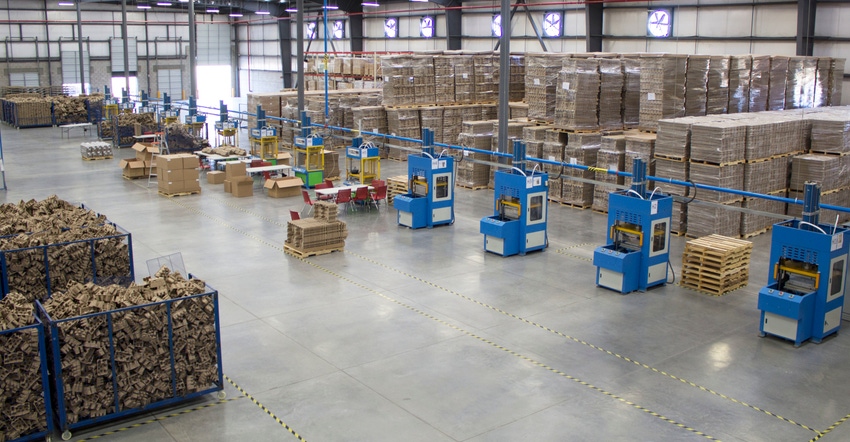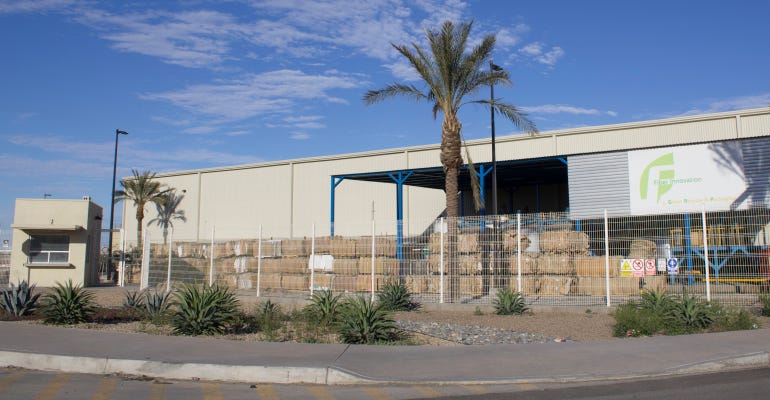Responding to the need for alternative protective packaging products, the global molded fiber industry has recently increased production of molded fiber products to replace many non-renewable materials currently used in packaging for foodservice, industrial, and consumer product packaging.

Product protection during shipping and storage is one of the main jobs of packaging. Over the years, a focus on sustainability in packaging has presented a challenge for many types of materials used as cushioning. Non-renewable materials, including many types of plastic packaging, have been seen to contribute to the ecological threat by using limited fossil materials. One solution is using natural, biodegradable, agricultural fibers in packaging, particularly waste fibers.
As a renewable resource, molded fiber continues to have a positive impact on our global environment. And the use of molded fiber packaging is predicted to grow globally at 6% per year for the next three years, according to The Freedonia Group.
Many molded fiber packaging manufacturers have recently added capacity with new machinery or completely new factories. For example, Moulded Fibre Products Ltd. in Lincolnshire, UK, has increased its production capability threefold in the past four years, UFPT established a new factory in El Paso, Texas, last year, and Henry Molded Products has recently expanded capacity in its Lebanon, PA, factory and its facility in Greenville, SC.
Additionally, Fiber Innovations in Mexicali, Mexico, near the Arizona border, is a current example of the expansion of molded fiber product manufacturing in North America. The owners of this factory are not new to the industry, though. They bring more than 20 years of molded fiber product manufacturing “know-how” to the market.

With its new factory, Fiber Innovations sports a new building, new furnishings, and new manufacturing machinery. The multiple molding machines can be used independently to adapt to prototyping requirements and low-volume orders.
Along with packaging design services, Fiber Innovations is now uniquely positioned in the molded fiber manufacturing industry to address the persistent problem, for many potential customers, of minimum order requirements because most molding facilities are designed for high-volume production.
Fiber Innovations is capable of producing both small- and large-volume orders.
The COVID-19 pandemic has created a new awareness of conditions that can affect the entire world. Curiously, climate change, which globally manifests its negative effects daily, has not proportionately produced the same level of response. The use of fossil fuels, and products produced by them, continue to present a serious threat to the world community as we know it today.
About the Author(s)
You May Also Like




